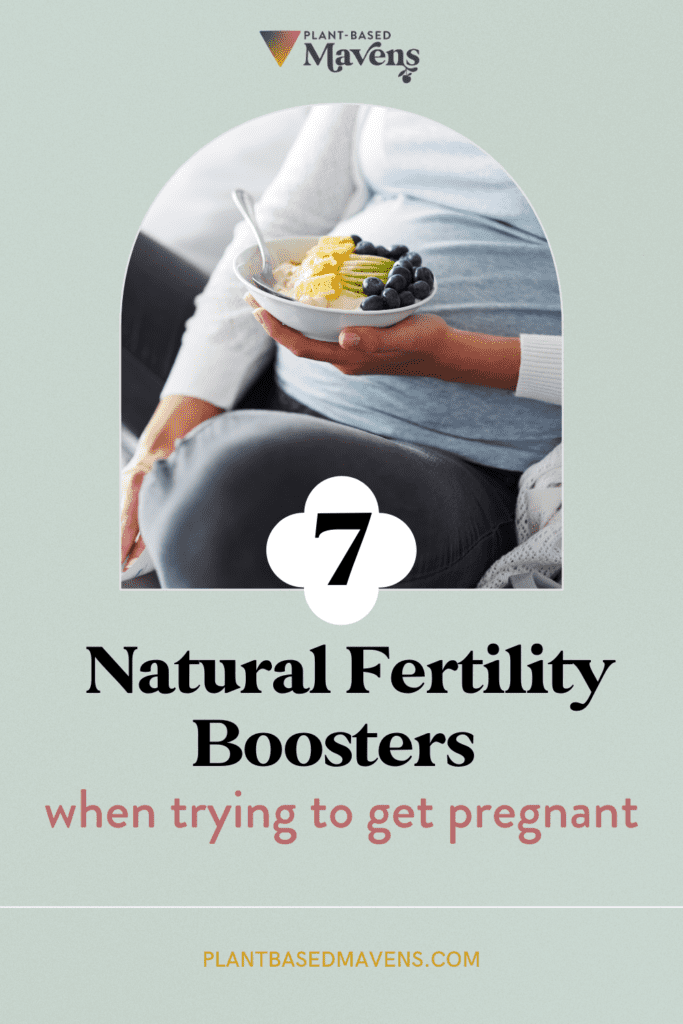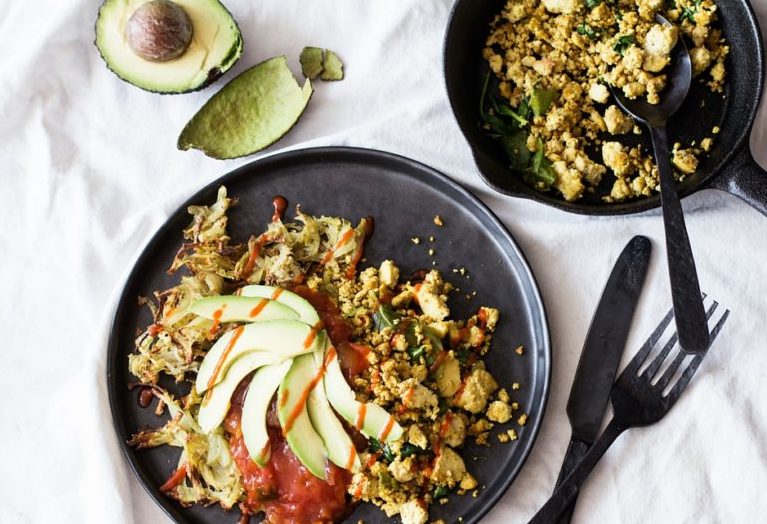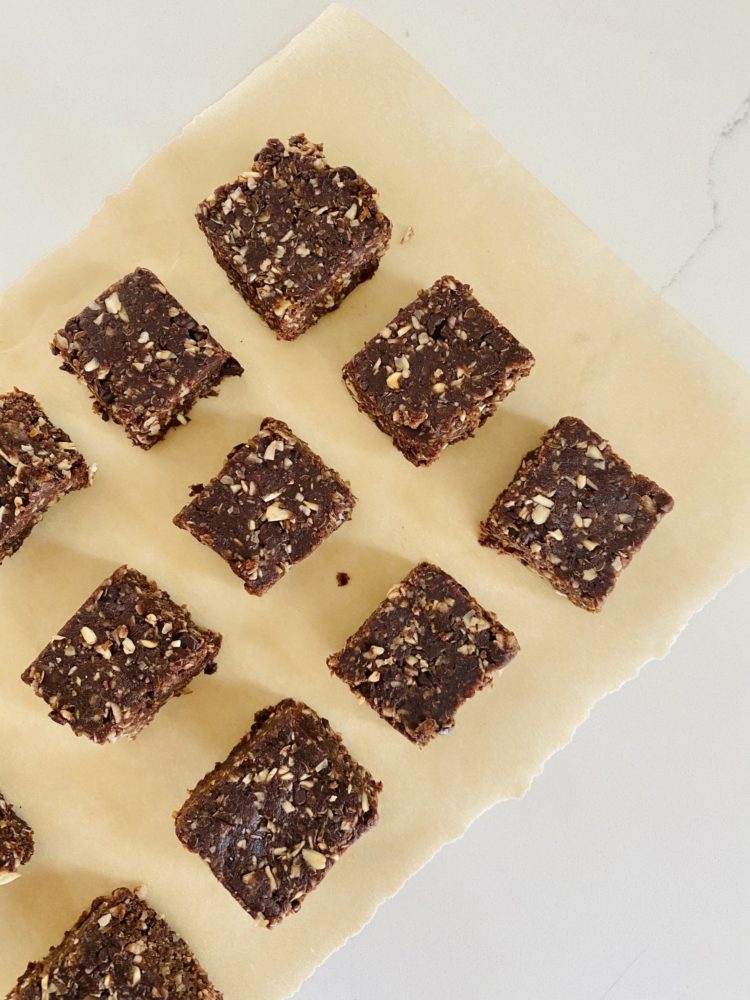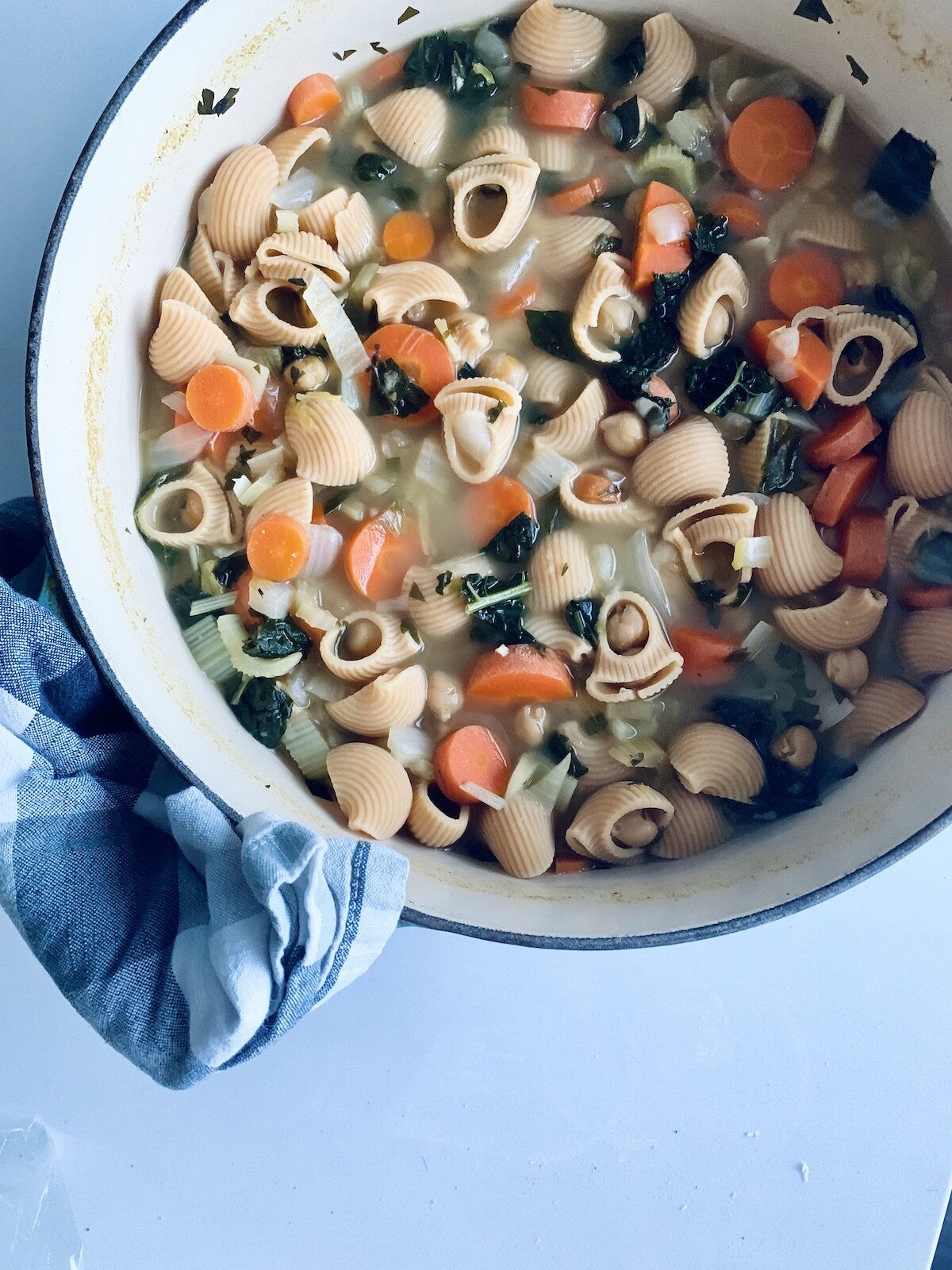Your ability to conceive often remains a mystery until you begin the journey of planning a pregnancy. For many, it’s an exciting and special time. For others, it can be filled with disappointment, frustration, and confusion. Wherever you fall on that spectrum, the good news is that there are certain natural fertility boosters that you can try.

What causes infertility?
In the United States, 1 in 5 women experience infertility. Causes of female infertility include irregularities in ovulation, fallopian tube obstruction, and anatomical abnormalities of the uterus. Anovulation, or the absence of normal ovulation during a menstrual cycle, is the most common cause of female infertility. Some potential causes of anovulation include polycystic ovarian syndrome (PCOS); irregular periods due to excessive exercise, weight loss, stress, or eating disorders; and other hormonal imbalances.
Can you boost fertility naturally?
The good news? Many instances of anovulatory infertility can be addressed through nutrition, lifestyle, and other natural approaches. In 2007, an important study was published on fertility, diet, and lifestyle. After studying over 17,000 women without a history of infertility over an eight year period as they tried to become pregnant, the researchers concluded that the majority of ovulatory disorder infertility cases may be preventable through modifying diet and lifestyle. While not all reasons for infertility are this simple, many women find that after they make certain changes and add natural fertility boosters to their lives, they are able to get pregnant.
In other words, infertility can be incredibly complicated and personal. But trying a natural approach to fertility will only help enhance your health and wellbeing – and it might just be what helps you conceive.
7 Natural Fertility Boosters To Try
If you’re planning a pregnancy, add these 7 evidence-based natural fertility boosters to your routine to enhance your health and prepare your body for baby.
Check out the PBM ultimate guide to plant-based nutrition and fertility!
Eat More Plant-based Proteins
A predominantly plant-based eating pattern, especially when it comes to protein, may enhance fertility. In one study, each additional serving of meat per day was associated with a 32% increased risk of infertility! In another study that looked at people undergoing in vitro fertilization (IVF), eating red meat before IVF had a negative effect on embryo development. The power of plant proteins includes soy foods too. In another study on soy and fertility, women who ate the most soy had 77% higher odds of having healthy babies after undergoing IVF compared to women who ate no soy.
Swap the animal proteins in your diet for plant-based proteins like beans, lentils, and soy foods. Learn more about plant-based proteins for women here.
Get Enough Omega-3 Fats
Another important area of nutrition to focus on is omega-3 fats. These essential fats should be included in every woman’s diet when trying to conceive. Women with the lowest omega-3 fat intake tend to have a lower probability of becoming pregnant.
To get enough omega-3 fats, eat foods like flaxseeds, chia seeds, and walnuts everyday. For an extra boost, you may also want to consider taking an algae-based DHA supplement. Learn more about how to get enough omega-3s here.
Load Up On Fruits and Vegetables
Many issues that contribute to infertility like PCOS are paired with higher levels of oxidative stress in the body, so eating lots of phytonutrient-rich foods may help counter that. Where do you find an abundance of phytonutrients? Fruits and vegetables, of course! Women who eat diets high in fruits and vegetables tend to have better fertility outcomes.
Aim for a minimum of five servings of fruits and vegetables everyday, and make your plate as colorful as possible. Different colors in plant-based foods represent different families of phytonutrients!
Take a Prenatal Multivitamin
Most women start taking a prenatal multivitamin when they find out they’re pregnant, but taking one in the months before conceiving may give you a fertility edge. Taking a prenatal that contains folic acid before pregnancy has been associated with higher likelihood of conception and lower risk of ovulatory infertility.
Try Chasteberry Herbal Support
Chasteberry, also known as vitex, is a well-known fertility herb. Although scientific evidence is limited, one study showed improved fertility in women taking a supplement containing chasteberry for five months. Experts in herbal medicine recommend beginning chasteberry 3-6 months before trying to conceive.
If you want to include chasteberry as a natural fertility booster, try an herbal supplement like this one.
Switch To Non-toxic Skincare and Makeup
Chemicals found in body care, skincare, and makeup products can interfere with the body’s endocrine system and impact reproductive health and fertility. Women in particular are exposed to many chemicals, as much as 168 chemicals a day, just from the use of an average 12 or more personal care products. If you add up the number of products you use (deodorant, shampoo, makeup, etc.) it’s not that hard to get to 12! In one study, women in areas where water is contaminated with “forever chemicals”, or highly persistent chemicals, had 15-25% lower fertility rates. While it’s impossible to totally escape exposure to these chemicals, minimizing exposure is important. Use the Environmental Working Group’s Skin Deep Database to look up the products you already have. It will give them a rating.
Practice Managing Stress
This is so much easier said than done! But stress levels can impact fertility. For example, high stress levels are associated with hypothalamic amenorrhea and reduced egg fertilization. Integrate stress reduction techniques like therapy, time in nature, meditation, and breathwork into your life. Check out my 5 favorite mindfulness practices to help you get started.
Want more plant-based pregnancy support?
Grab the free Boost Your Fertility Checklist, Morning Sickness Guide, and
Pregnancy Herbs Safety Guide


